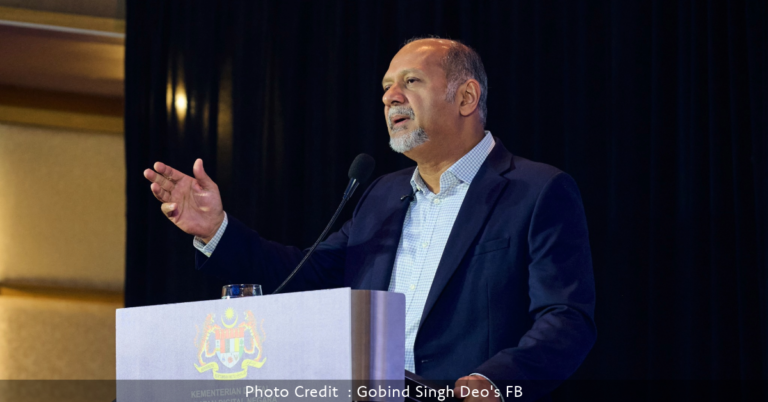
Why energy companies must reinvent or fade
By Ahmad Ibrahim
The global energy business is at a crossroads. The old certainties that once kept oil and gas companies flush with profits are fast evaporating. Rising climate pressures, aggressive carbon targets, volatile oil prices, and the unstoppable march of renewable energy are rewriting the rules of the game. In Malaysia, this new reality has landed squarely at PETRONAS’ doorstep. The national oil company recently announced substantial job cuts, joining a long list of global oil majors trimming operations to stay afloat. But here’s the hard truth: job cuts alone won’t save them. The problem isn’t just about leaner operations — it’s about an outdated business model in a world that’s moving on.

For decades, the business model was simple: extract, refine, sell. High demand and a few strategic geopolitical disruptions kept prices buoyant, while oil companies banked billions. Those days are over. With more than 140 countries pledging to reach net-zero emissions by mid-century, demand for fossil fuels is approaching a long, irreversible decline.
Even the world’s largest fund managers now factor sustainability risks into investment decisions, increasingly avoiding companies perceived as climate laggards. COVID-19 delivered a brutal wake-up call. Energy demand plummeted. Oil prices crashed. Petronas, like its global peers, was forced into difficult decisions. The recent job cuts are not isolated belt-tightening, but early symptoms of an industry forced to rethink its very reason for being.
Sure, trimming overheads can shore up quarterly numbers. But it won’t future-proof the business. Energy companies can no longer afford to think like fossil fuel producers; they must start behaving like integrated energy providers. The future belongs to companies that can offer clean, reliable, and affordable energy solutions — and that means going well beyond oil and gas. Some oil majors have already taken bold steps. BP is repositioning itself as an integrated energy company, investing heavily in renewables and electric vehicle charging networks. Total has rebranded as TotalEnergies, reflecting its diversified energy portfolio.
Even ExxonMobil, once a vocal sceptic of climate risks, is now pumping money into carbon capture and low-carbon solutions. Despite the stand taken by President Trump, there is no stopping the transition away from fossil fuels. PETRONAS has made initial moves into solar energy and green hydrogen, but these efforts need to be scaled rapidly. The longer it waits, the harder the catch-up will be.
Experts agree on five moves energy companies must make. To stay profitable — and relevant — energy companies need more than incremental tweaks. They need reinvention. The future is clean energy. Solar, wind, hydrogen, and energy storage are where the growth lies. Energy companies should aggressively diversify their portfolios before being left behind. The skills used in offshore drilling, mega-project management, and complex logistics are transferable.
These companies can lead in offshore wind, large-scale hydrogen, and carbon capture projects. Industrial clients and governments increasingly demand integrated, low-carbon energy options. Packaging natural gas, renewables, and carbon offset services is a smart, future-ready play. Workforce transformation is key. The energy workforce must pivot from traditional oilfield roles to clean tech, digital energy systems, and smart grid management. Developing integrated energy parks, waste-to-energy systems, and rural electrification projects not only creates new revenue streams but also builds public trust and national resilience.
The energy transition isn’t a distant risk — it’s here. And it’s accelerating. The companies that survive won’t be the ones clinging to the past but those bold enough to shape the future. For PETRONAS and its global peers, this is a defining moment. Reinvent, diversify, and lead the transition — or watch profitability, relevance, and public support steadily erode The choice is clear. The clock is ticking. Since oil and gas is essentially about mining. The closest option that Malaysia should consider is rare earth metals. The country is holding substantial deposits of this new critical metals group. Exploration studies have uncovered their presence in most of the states of the country. But extracting them requires technologies which must consider their environmental impacts. But processing them is not an issue since Malaysia has many years of world class experience at LYNAS.
Despite all those time-wasting baseless concerns, LYNAS survived. A PETRONAS like model should be just right if Malaysia is to effectively harness the country’s rare earths deposits.

Professor Dato Dr Ahmad Ibrahim is affiliated with the Tan Sri Omar Centre for STI Policy Studies at UCSI University and is an associate fellow at the Ungku Aziz Centre for Development Studies, Universiti Malaya
















